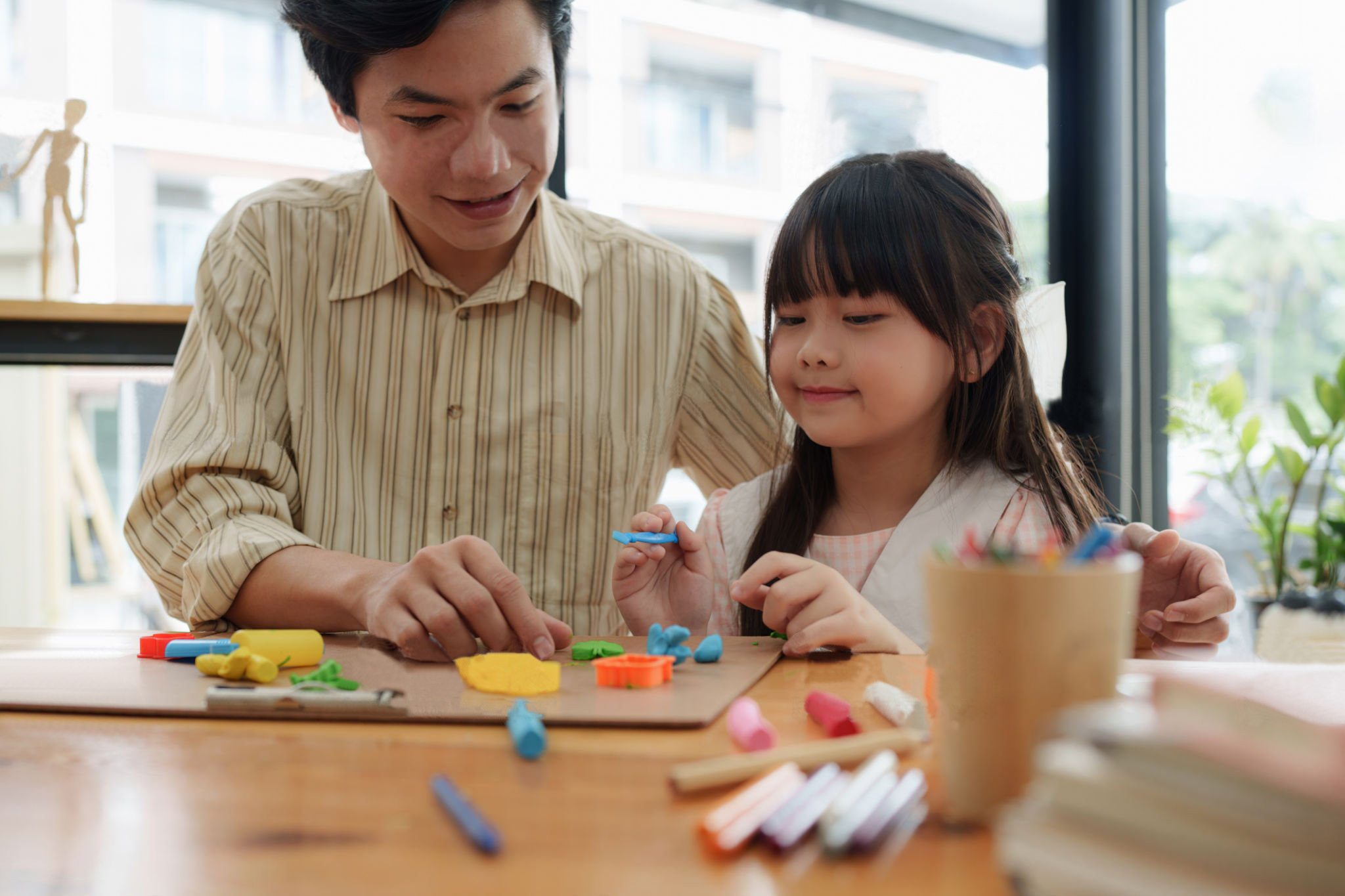Bloom Core Values
Empathise
Our practice of psychology is grounded in science, but comes from the heart. We believe in engaging both our hearts and minds when working with families, always seeking to better understand the child’s and parent’s perspectives and acknowledge their successes and struggles.
Keep it real
People come to us for honest, unbiased professional opinions. There are times we have to tell the hard truths, but always from a place of compassion and hope. We are not afraid to acknowledge our limitations, as well as limitations in the current evidence base or tools available.
Do what works
Everything we do is informed by research evidence and clinical experience. We remain flexible and pragmatic, because every child and family is different, and what works for one might not work for another.
Give psychology away
Our work with parents and teachers is grounded in the belief that to truly make a positive difference in the lives of children and teens, we must equip adults around them with psychological tools and strategies.

What Defines Us
Our Core Values
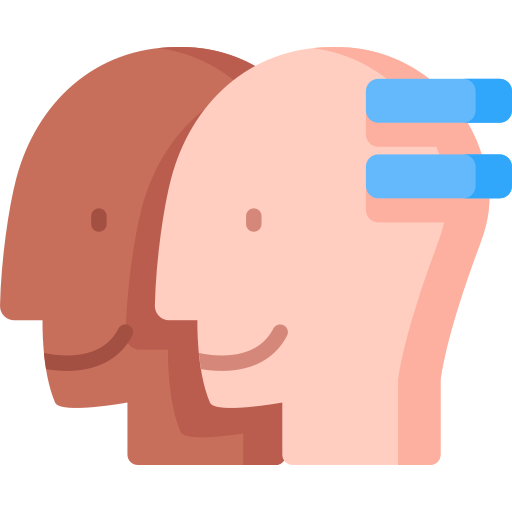

Empathise
Our practice of psychology is grounded in science, but comes from the heart. We believe in engaging both our hearts and minds when working with families, always seeking to better understand the child’s and parent’s perspectives and acknowledge their successes and struggles.
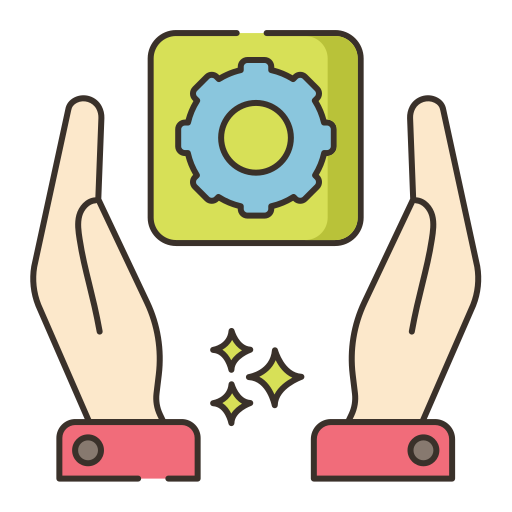

Keep It Real
People come to us for honest, unbiased professional opinions. There are times we have to tell the hard truths, but always from a place of compassion and hope. We are not afraid to acknowledge our limitations, as well as limitations in the current evidence base or tools available.


Do What Works
Everything we do is informed by research evidence and clinical experience. We remain flexible and pragmatic, because every child and family is different, and what works for one might not work for another.
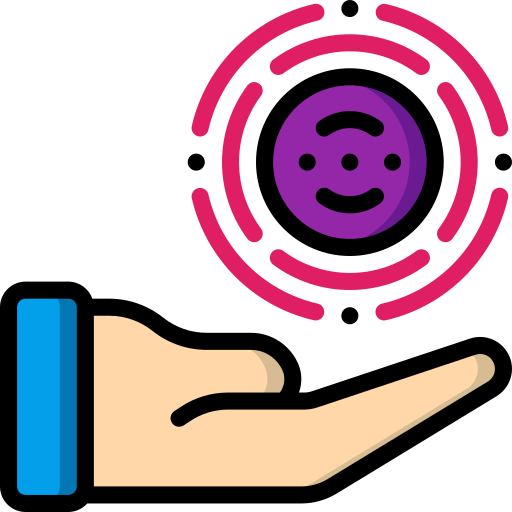

Give Psychology Away
Our work with parents and teachers is grounded in the belief that to truly make a positive difference in the lives of children and teens, we must equip adults around them with psychological tools and strategies.

Stay Curious
We are passionate about learning and growing as professionals, and always getting better at what we do. We are forever curious in our search for answers and better ways of doing things. We open are to feedback and continue to review and improve our practices as we grow as a team.

Stay Curious
We are passionate about learning and growing as professionals, and always getting better at what we do. We are forever curious in our search for answers and better ways of doing things. We open are to feedback and continue to review and improve our practices as we grow as a team.
Who We Are
Our Team
Our team of experienced psychologists and therapists specialize in children and adolescents with learning, emotional and behavioural needs. We are committed to providing high quality and personalised evidence-based assessment and intervention services to meet our clients’ needs.
Dr Vivien Yang
Director / Principal Psychologist
Chng Jia Hui
Senior Educational Psychologist
Fiane Lo
Senior Educational Psychologist
Jaime Goh
Associate Psychologist
Jallene Chua
Associate Psychologist
Jitsy Lim
Senior Educational Psychologist
Samantha Soh
Educational Psychologist
Sylvie Lian
Clinical Psychologist
Vivian Ong
Educational Psychologist
Yvonne Yong
Senior Educational Psychologist
Gloria Tan
Educational Therapist
Minnie Goh
Clinic Manager / Counsellor
Our Roles
Specializations
Role of Educational Psychologists
Educational psychologists (EPs), also known as school psychologists in the US, are specialists in child psychology, learning and school systems. We apply psychology to promote success in children and young people (age 0 to 25), especially those with challenges in learning, behaviour and social emotional well-being. Educational psychologists work directly with children, as well as indirectly through supporting their families, teachers and other professionals. In Singapore, educational psychologists play an important role in assessing and supporting children and young people with special educational needs and developmental disorders, including those with autism, dyslexia and ADHD. EPs are also trained to intervene at the systems level, providing input and training to schools on effective structures, processes and strategies to promote inclusion and positive learning contexts.
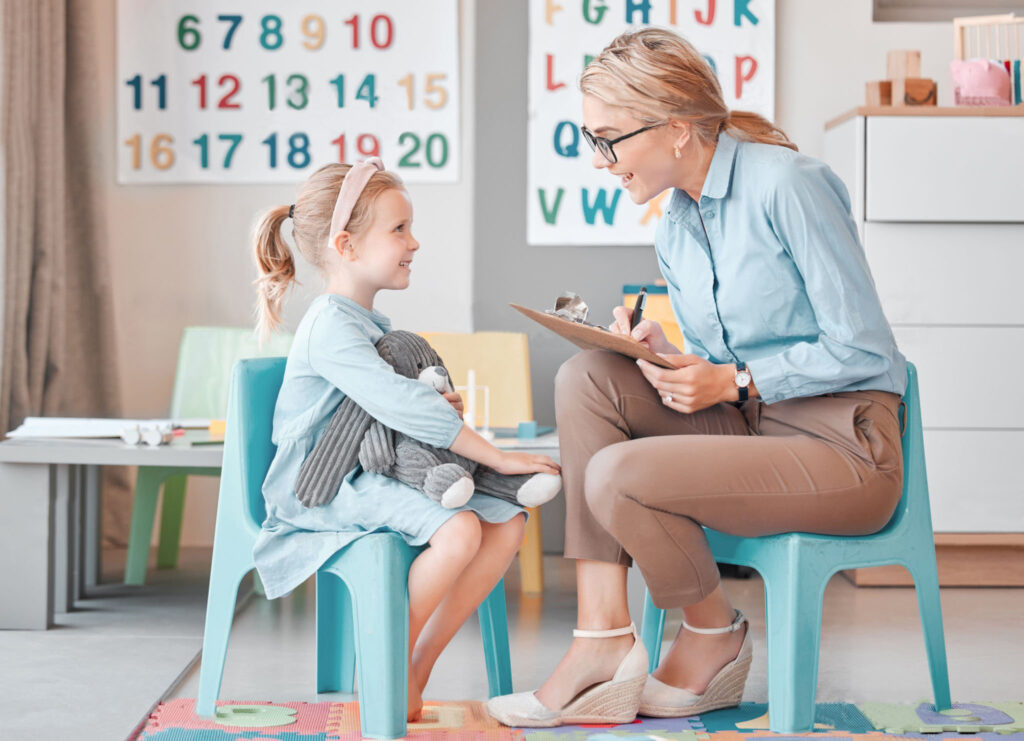
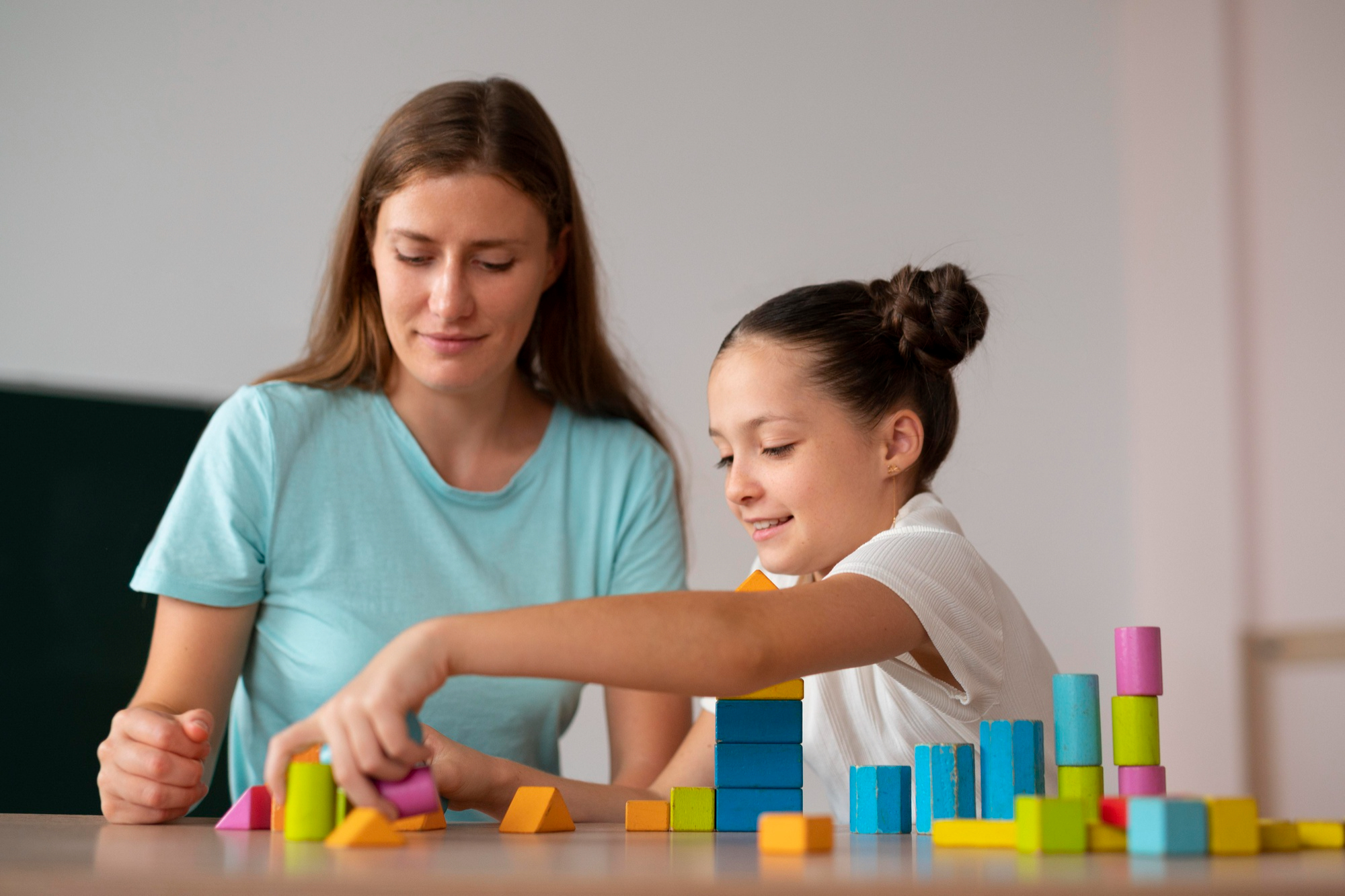
Role of Clinical Psychologists
Clinical psychologists are specialists in mental and behavioural health across the lifespan. While there are overlaps in the role of an educational versus clinical psychologist such as in supporting clients with developmental conditions such as autism and ADHD, clinical psychologists are often involved in the assessment and treatment of mental health conditions or psychopathology. For example, conditions like depression, obsessive compulsive disorder, psychosis, self-harm, addictions and eating disorders are more commonly seen by clinical psychologists. Clinical psychologists work not only with children and adolescents, but also with adults. For clients with a combination of learning as well as mental health or emotional difficulties, a collaborative team-based approach involving input from both educational and clinical psychologists is often beneficial.
Role of Educational Therapists
An educational therapist is a professional who is trained to work with children and adolescents with learning differences, such as dyslexia, dyscalculia, ADHD and autism. They use a range of multisensory and metacognitive strategies proven to help students with learning challenges. Examples include teaching students with dyslexia decoding skills using the Orton-Gillingham approach, teaching students with dyscalculia strategies to break down Math problems into manageable parts, teaching students with ADHD strategies to plan and edit their writing or teaching students with autism inference skills for reading comprehension. To be effective, educational therapists should be familiar with the school curriculum and exam requirements. While academic learning is a key focus, educational therapists are well aware of the need to develop the whole child. Therefore, they adopt a holistic approach which includes working with the child on executive functions, confidence, motivation and overall emotional wellbeing.
